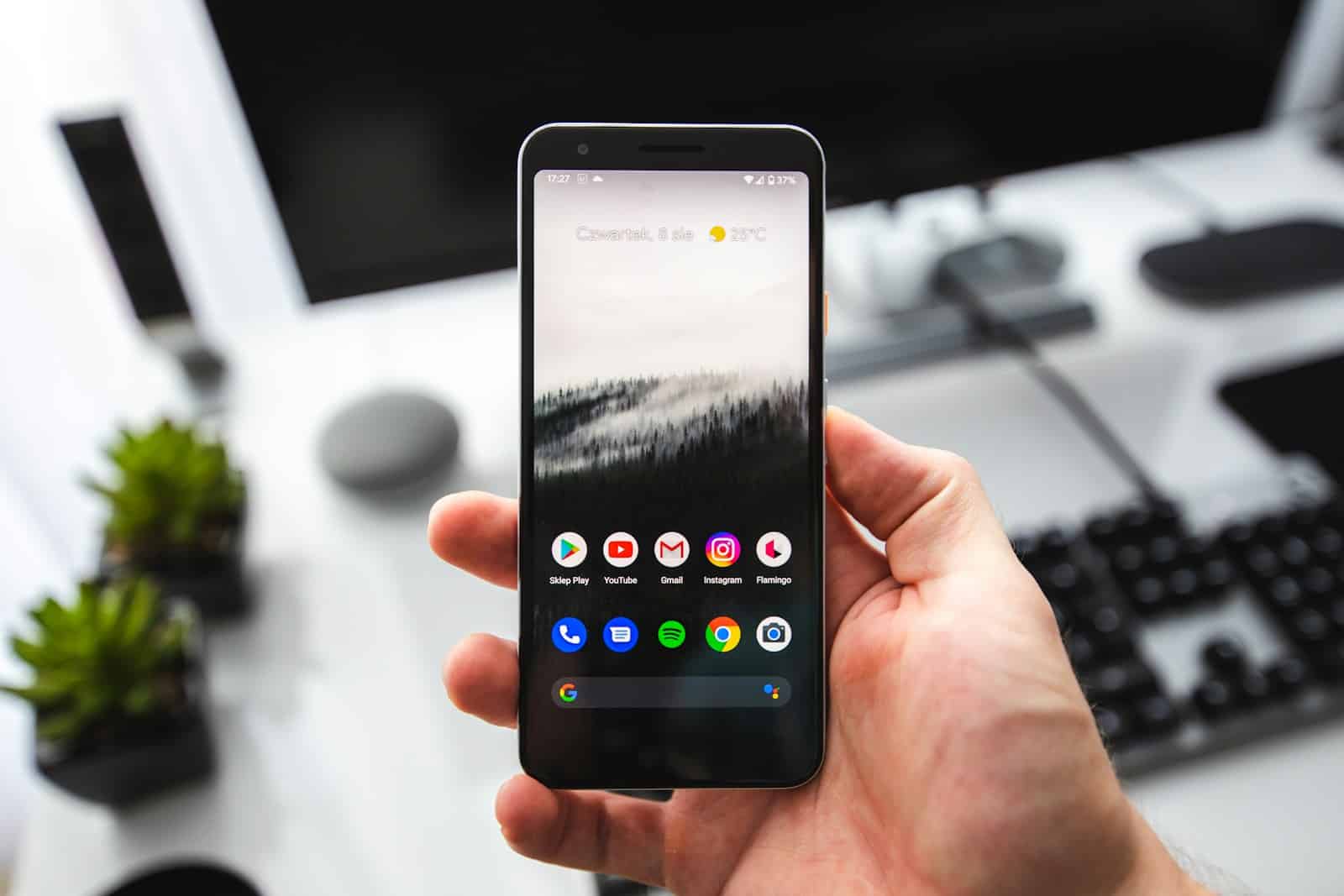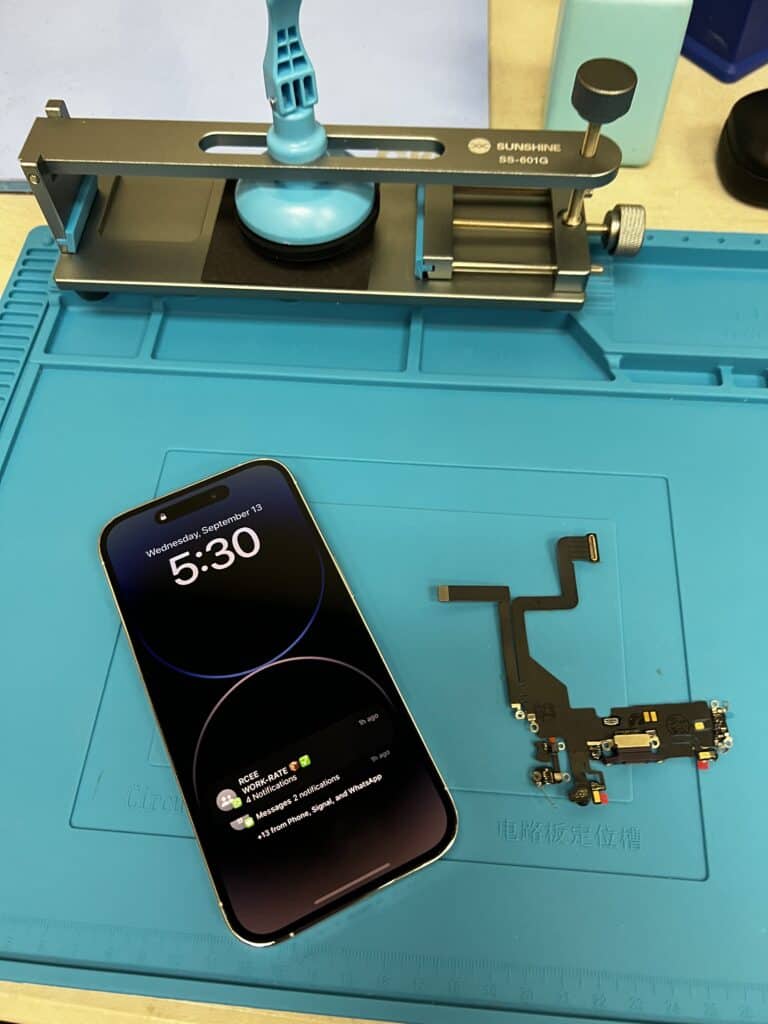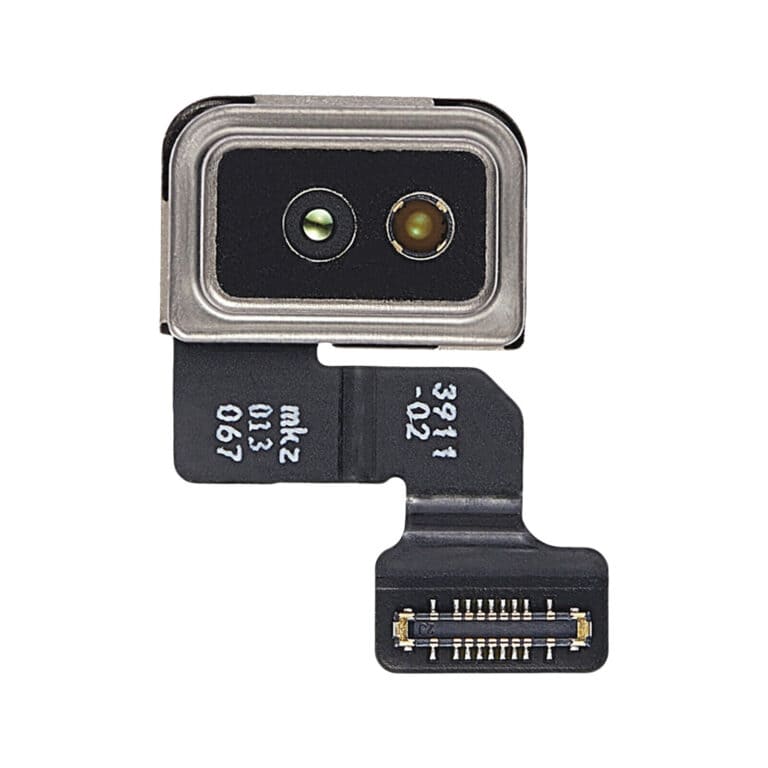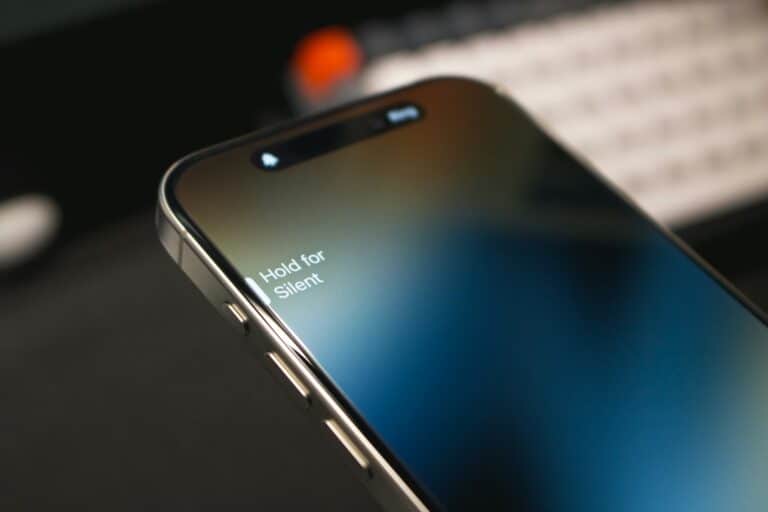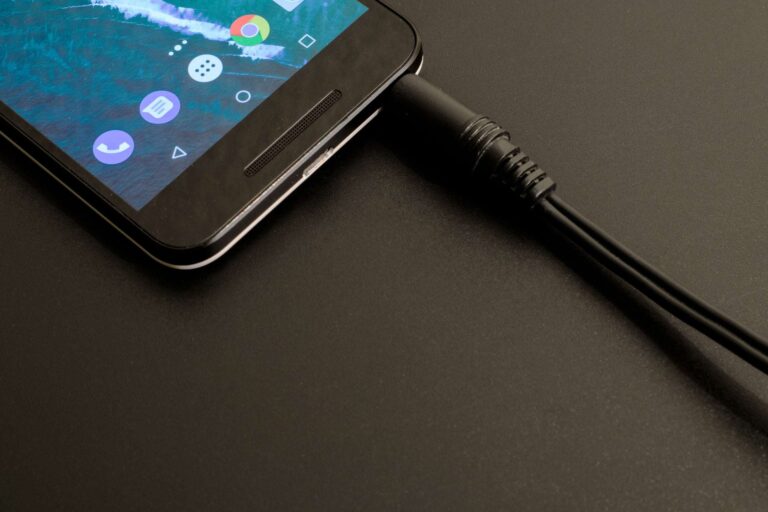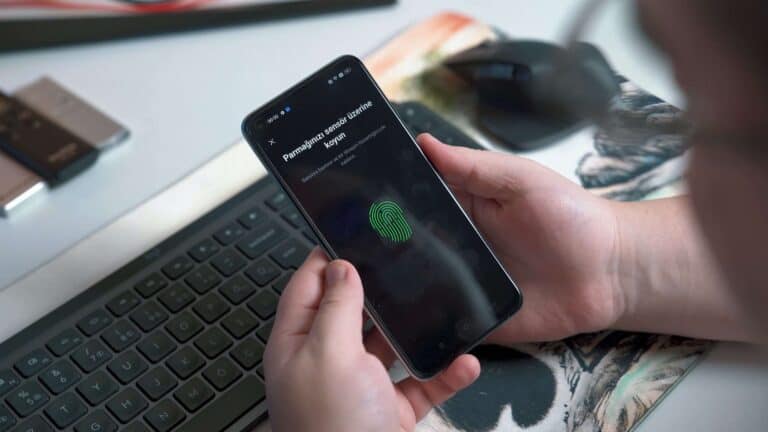Worried that your phone might be hacked? This guide will help you figure out if someone has gained unauthorized access to your device. Finding out who hacked your phone can be crucial to safeguarding your data and privacy.
Look for signs like unusual activity on your accounts or being locked out of your Google or Apple ID. You can also run antivirus software to detect spyware and other threats. For a deeper check, use codes like *#06# to see if your IMEI number has been tampered with.
If you find suspicious apps or activities, try deleting them. If problems persist, you might need to perform a factory reset to clear any malware. These steps can help you secure your phone and understand who might have hacked it.
Signs Your Phone May Be Hacked
It’s easy to feel safe and secure with your phone. After all, it’s your own personal device, right? Sadly, phone hacking is a real threat and can happen to anyone. But how can you tell if your phone has been hacked? Here are some red flags to watch out for:
- Unusual battery drain: If your phone suddenly starts dying much faster than usual, it could be because a malicious app is running in the background and consuming resources.
- Increased data usage: Hackers often use your data to send information from your phone. If you notice a spike in data usage without explanation, it’s worth investigating.
- Unfamiliar apps: Check your phone for any apps you don’t remember downloading. Hackers can install apps without your knowledge to gain access to your data.
- Strange texts or calls: If you receive strange texts or calls from unknown numbers, it could be a hacker trying to trick you into giving them information.
- Pop-up ads: A sudden increase in pop-up ads, especially ones that are inappropriate or unrelated to your interests, could be a sign of malware on your phone.
- Phone overheating: Malware running in the background can cause your phone to work harder than usual, leading to overheating.
Remember, these are just some of the possible signs. If you have a gut feeling that something’s not right with your phone, trust your instincts.
What to Do If You Think Your Phone Has Been Hacked
If you suspect your phone has been compromised, don’t panic. There are steps you can take to mitigate the damage and protect your information:
- Change your passwords: Start by changing the passwords for all your important accounts, including email, banking, social media, and any other accounts that contain sensitive information.
- Scan for malware: Install a reputable antivirus app and run a full scan of your phone. This can help detect and remove any malicious software that may be present.
- Report the incident: If you believe your phone has been hacked, report it to your service provider and the relevant authorities. They can help you investigate the incident and take further action.
- Factory reset: As a last resort, you can consider performing a factory reset on your phone. This will erase all data and settings, so be sure to back up anything important first.
Prevention Is Key: Protecting Your Phone from Future Attacks
The best way to deal with phone hacking is to prevent it from happening in the first place. Here are some tips to keep your phone secure:
- Keep your software updated: Software updates often include security patches that fix vulnerabilities that hackers could exploit.
- Use strong passwords: Avoid using easy-to-guess passwords or reusing the same password across multiple accounts.
- Be careful what you download: Only download apps from trusted sources, and read reviews before installing anything.
- Avoid clicking on suspicious links or attachments: These can be used to install malware on your phone.
- Use a VPN: A virtual private network (VPN) can encrypt your internet traffic and make it harder for hackers to intercept your data.
| Prevention Method | How It Helps |
|---|---|
| Keep software updated | Patches security vulnerabilities |
| Use strong passwords | Makes it harder for hackers to guess |
| Download from trusted sources | Reduces the risk of malware |
| Avoid suspicious links | Prevents malware installation |
| Use a VPN | Encrypts your internet traffic |
Key Takeaways
- Strange account activity could indicate a hack.
- Use antivirus scans and phone codes to find threats.
- Factory reset your device if issues continue.
Identifying and Understanding Phone Hacks
Staying vigilant about mobile security is essential. This section guides readers on recognizing hacked phones, the tactics hackers use, and the impact on personal data and privacy.
Signs of a Hacked Phone
Strange behavior on smartphones can signal a hack. Common symptoms include a rapid battery drain, unusually high data usage, or poor performance. Pop-ups or apps that seem out of place might also appear.
Unusual messages and calls can indicate someone compromised the phone. Users might receive texts or calls they don’t recognize or see suspicious links sent from their device to others.
Another red flag could be increased phone bills with charges for premium-rate texts or services.
Common Tactics Used by Hackers
Malware like spyware, adware, and trojans is often used to hack smartphones. These malicious apps can steal data, track activities, or cause harm. Often, they come from unofficial app stores or malicious links in phishing scams.
Phishing is a common tactic where hackers send fake messages to trick users into giving away personal information. Clicking on these links can lead to a potential hack.
SIM swapping is another technique where hackers hijack a phone number to gain control of financial accounts or social media profiles.
Impact of Mobile Security Threats
Hacked phones can lead to serious privacy issues. Personal data like emails, SMS, or sensitive information can be stolen. This information sometimes ends up on the dark web, sold by cybercriminals for fraud or identity theft.
The performance of mobile devices can degrade due to malware consuming resources. Privacy might be further compromised if hackers use spy apps to track locations or record calls.
Ransom scenarios, where the attacker demands payment to release control of the phone, are also common. Such threats impact not only the device but also the user’s mental peace and financial security.
To safeguard against these threats, keep the phone’s operating system updated, install reputable antivirus software, and avoid downloading apps from unknown sources. Public Wi-Fi should be used cautiously as it can be exploited by hackers.
Frequently Asked Questions
Identifying and dealing with a hacked phone can be challenging. Here are some common questions and answers that can help.
What steps can be taken to identify if my phone has been compromised?
To check if your phone is hacked, look for unusual behaviors. Watch for unknown apps that appear, apps that take a long time to load, or apps that open or close unexpectedly. Use special codes like *#06# to check your phone’s IMEI number and ensure it matches your device.
How can I remove unauthorized access from my mobile device?
First, delete any suspicious apps. If problems persist, perform a factory reset to clear your device. Ensure your phone and apps are up to date to prevent future hacks. Use security software like Certo to detect and remove spyware.
What are the indicators that suggest my phone may have been hacked?
Signs include new or unfamiliar apps, slow app performance, unexpected app behaviors, and higher data usage. Also, check if your battery drains faster than usual. These could be indicators of malicious software using resources in the background.
Is it possible to trace the individual responsible for compromising my phone?
Tracing a hacker can be difficult. Certain apps might help you identify the type of threat or even give clues about the source. Consulting with cybersecurity professionals can provide more advanced options for tracking down the culprit.
How do I repair my phone if it has been hacked without incurring costs?
Try removing suspicious apps and doing a factory reset. Keep your phone software and apps updated to avoid vulnerabilities. There are many free apps available that can help scan your phone for malware.
Are there codes or methods available to verify the security status of my phone?
Yes, certain codes can help. For instance, *#06# displays your IMEI number. Different codes might indicate if call forwarding is active or reveal other security settings. Regularly using these codes can help ensure your phone’s security.

